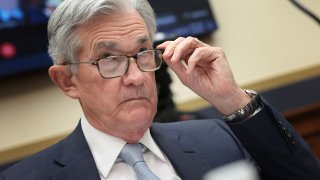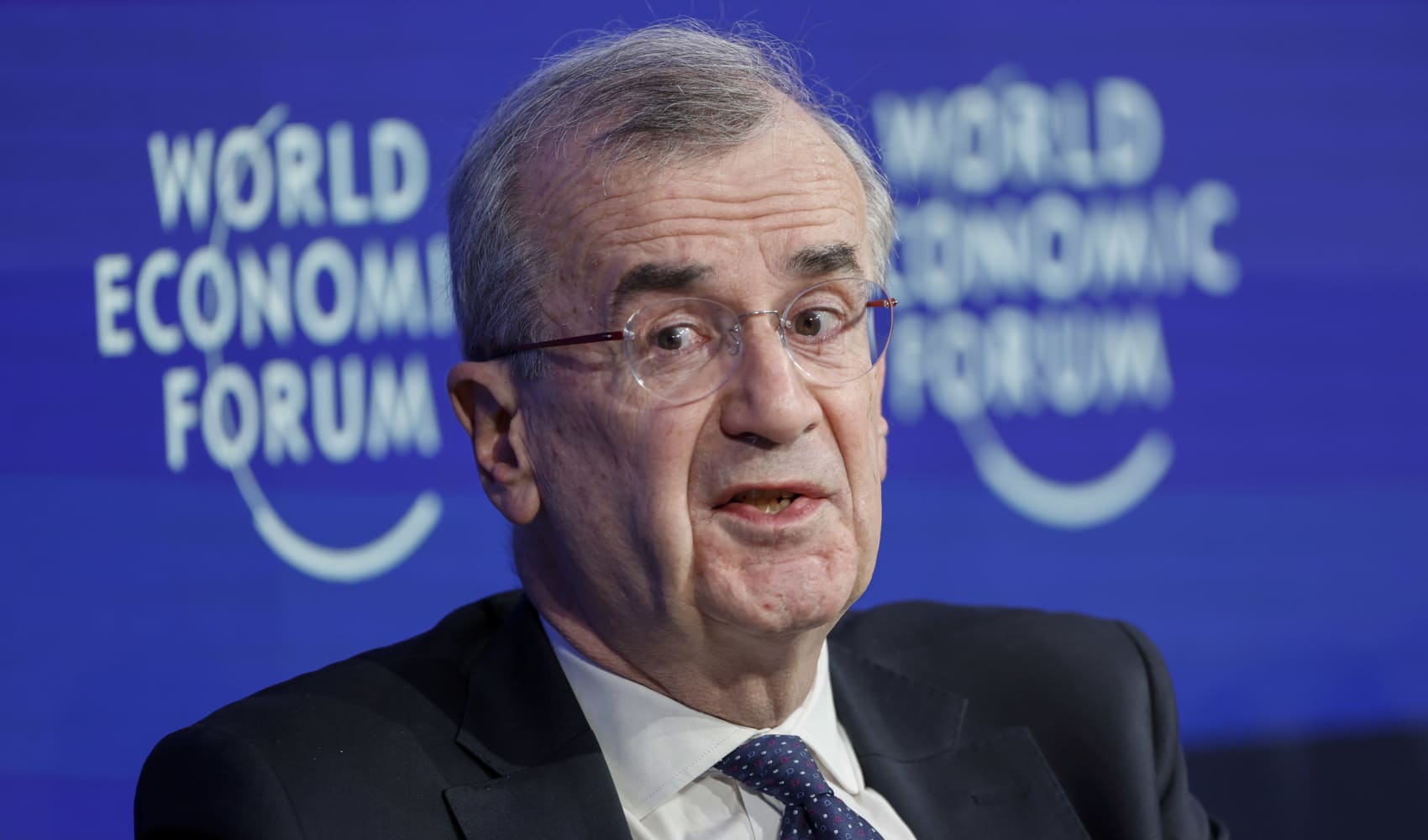
Academics, Wall Street economists, market strategists and others seem to be flooding financial media with a series of "I told you so's" about inflation.
Their primary argument suggests that the Federal Reserve and the federal government overstimulated the economy throughout the global pandemic, causing four-decade highs in inflation.
They say that demand is outstripping supply because there's too much money chasing plenty of goods.
Others have made similar arguments: that the world is experiencing a monetary inflation that has little to do with the supply chain disruptions that have plagued the economy for nearly two years and, instead, it's all about monetary and fiscal policies run amok.
I understand the premise – but I disagree.
A risky time that few had anticipated
Just two years ago, everyone was calling on policymakers to replace the lost income that disappeared during a lockdown that lasted far longer than anyone had expected and resulted in many dislocations in goods supply, labor supply and service sector activity.
Money Report
Some have claimed they've had the inflation argument right all along, yet I don't recall anyone accurately predicting the emergence of the Covid delta variant, which prolonged sheltering-in-place and remote work. Further, no one anticipated vaccine resistance and refusal, which added to the global and domestic death toll. Nor did anyone predict the lack of vaccines in some goods-producing nations.
For good measure, let's add the emergence of the omicron variant, the near-permanent restructuring of labor supply and the renewed lockdowns in China and Hong Kong.
Finally, not one "inflationista" made clarion calls about the impending war in Ukraine and subsequent sanctions that exacerbated every pandemic and post-pandemic problem we've experienced so far in 2022.
Those setbacks were most certainly not on my 2022 bingo card.
As we've witnessed in the recent past, a whole world of financial observers laid the blame squarely on the Federal Reserve, despite its heroic efforts to put salve on a gaping economic wound when it was needed most quickly and acutely.
Now, many are demanding the Fed rip the Band-Aid off, claiming that reducing normalized demand to meet constrained global supply is the answer to our problems.
Of course, the Fed should be normalizing policy.
But the hawks want the central bank to take back all its stimulus, virtually at once: a succession of half-point rate hikes and an immediate reduction of the Fed's nearly $9 trillion balance sheet.
These calls come just as the Biden administration has shifted its focus from the $1.75 trillion dollar "Build Back Better" budget to one that reportedly focuses on some sort of deficit reduction. Let's hit the brakes.
Weighing the causes of inflation
The stock market might be enjoying a bit of a bear market bounce. This is predicated on the notion that an aggressive Fed will win the war on inflation — even though it didn't start it — and that the economy and corporate profits will grow strongly enough to offset between seven and 11 rate hikes in the next 15 to 18 months.
In 38 years of covering financial markets and studying market history, I've never seen it — certainly not under circumstances like these.
Meanwhile, a war is raging and may worsen before it gets better, as sanctions on Russia are getting tougher by the day.
The inflation hawks, some of them housed at the Federal Reserve, may well be right for all the wrong reasons.
That does not count as being correct.
Many of them made the exact same argument after the Great Financial Crisis, and they were wrong for over a decade while still others altered their views with each data point that emerged.
They may be right about inflation from a mechanical perspective, but given the persistence of supply shortages, labor disruptions, energy shocks and global instability, it's also quite possible they will soon be horribly wrong economically.
The average American may well pay dearly for a pyrrhic philosophical victory that inflation was caused by the Fed.
It's much more likely it was caused by the pandemic and Russian President Vladimir Putin.
— Ron Insana is a CNBC contributor and a senior advisor at Schroders.






